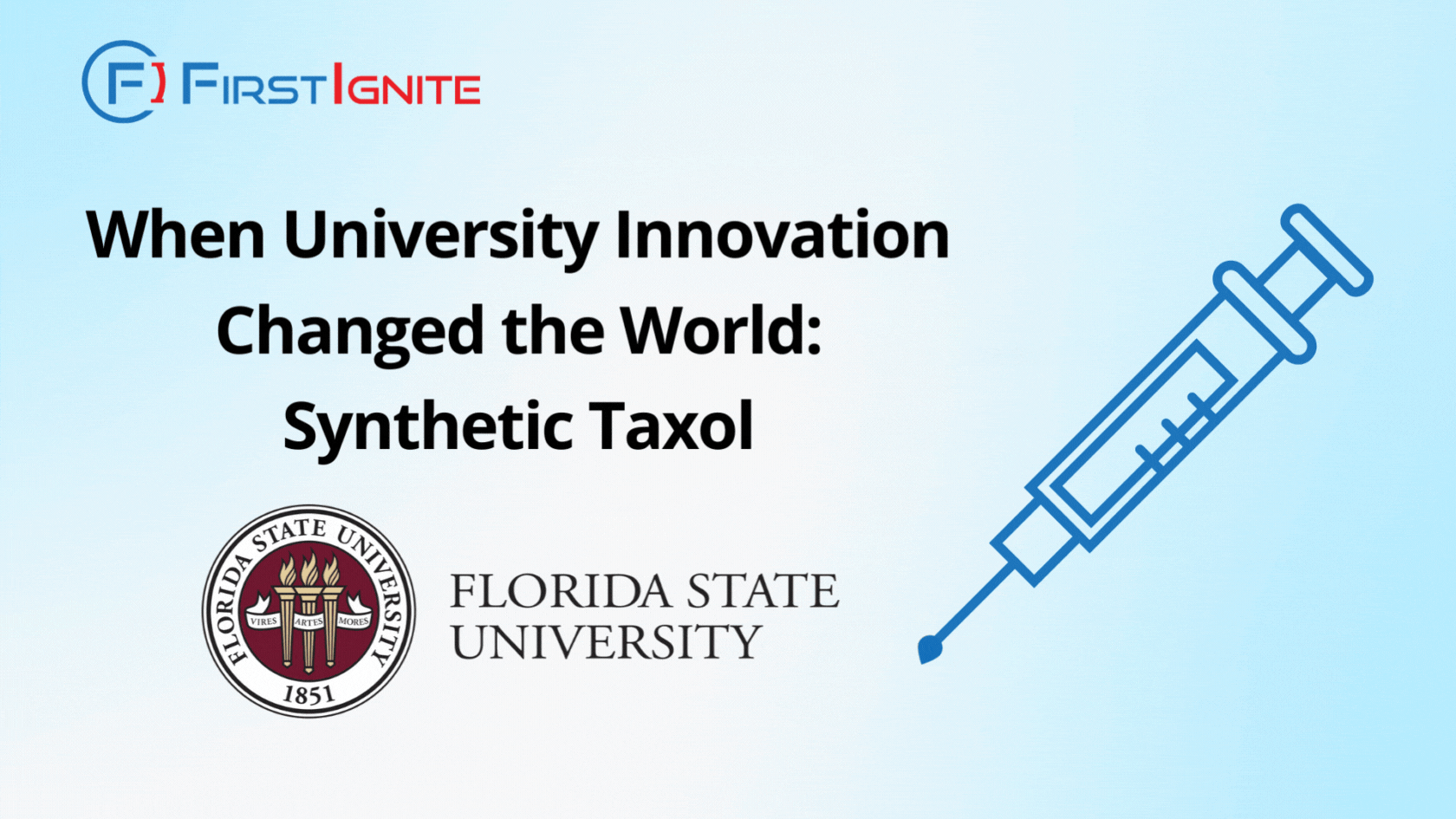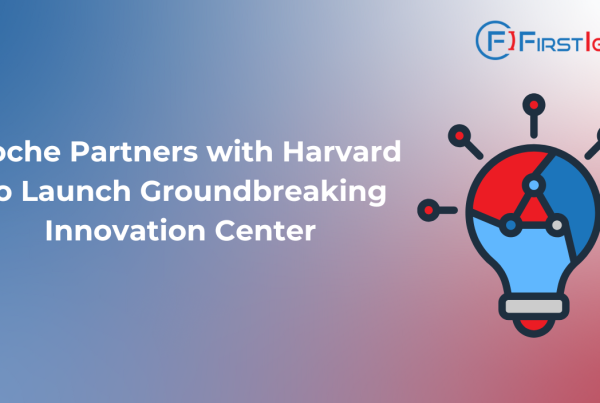
Did you know that a professor at Florida State University invented synthetic Taxol? Dr. Robert Holton invented the synthetic version of the life-saving cancer drug.
Breast cancer, which currently accounts for 12.5% of all new annual cancer cases worldwide, is the most common cancer globally. Treatment for breast cancer often involves the use of Taxol, a drug that stops cancer cells from dividing into two new cells. Prior to the invention of synthetic Taxol, the anti-cancer medication could only be sourced from the slow-growing Pacific Yew tree, which could be difficult and costly to obtain. However, in 1993, Dr. Holton developed a synthetic version of Taxol, eliminating the need for the Pacific Yew. This breakthrough resulted in the top-selling anti-cancer drug of 1995, generating over $1.6 billion in revenue by the end of the decade.
Dr. Holton’s invention of synthetic Taxol has not only successfully treated patients in the past, but it continues to be used today. The global market for Paclitaxel, the generic name of Taxol, was valued at $4.51 billion in 2021 and is projected to grow to over $11.16 billion by 2030. This growth shows the continued importance and demand for this life-saving drug that came from university innovation.
Through their research and development efforts, universities have paved the way for significant breakthroughs. Keeping up with university innovation is crucial to your organization’s competitiveness as it allows you to identify new technologies that can help to give you a competitive edge in the market. FirstIgnite can help your organization identify and partner with the specific universities, laboratories, and experts you need in order to discover the next medical breakthrough like synthetic Taxol.




